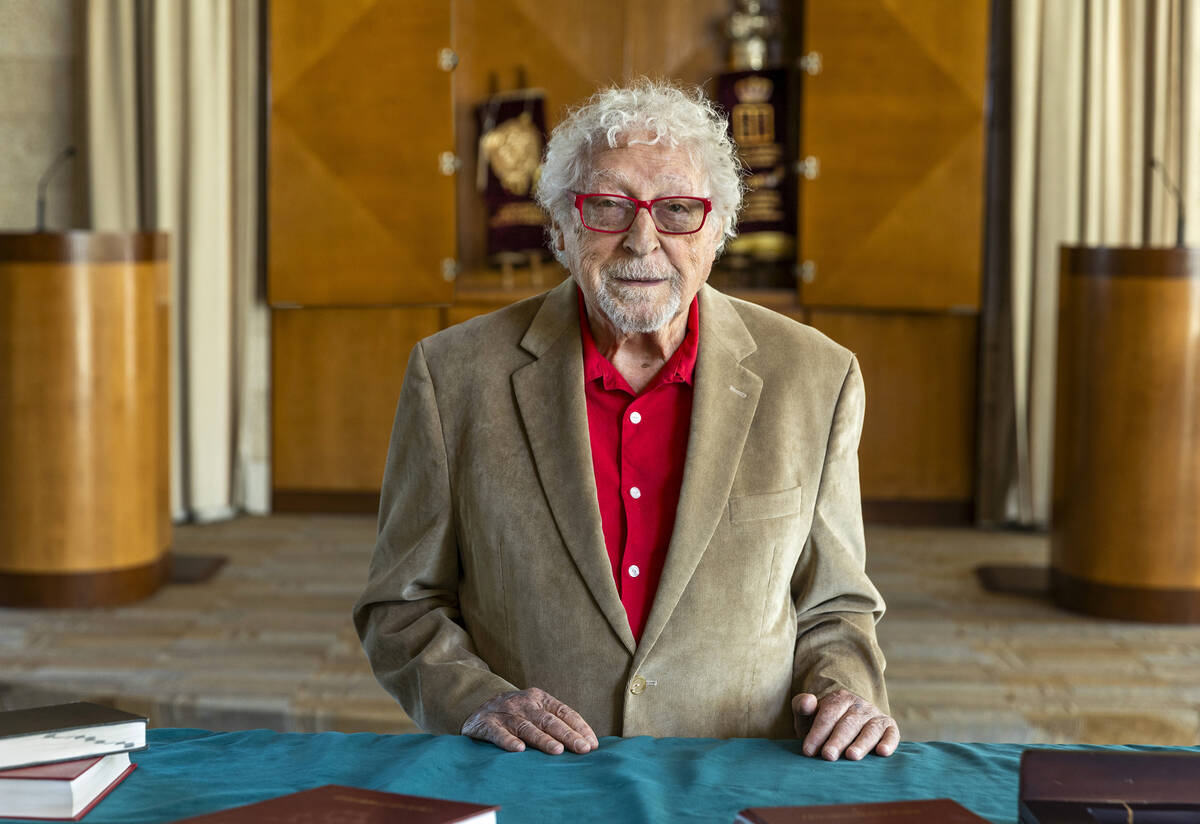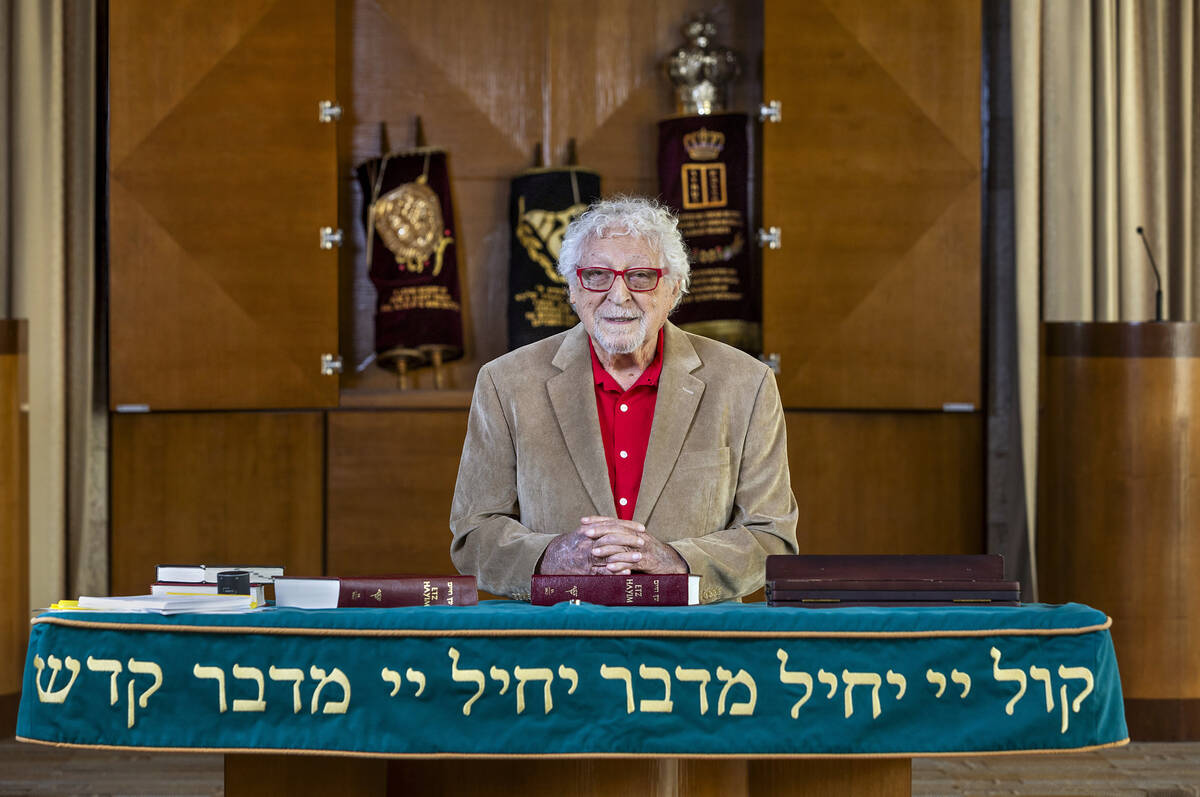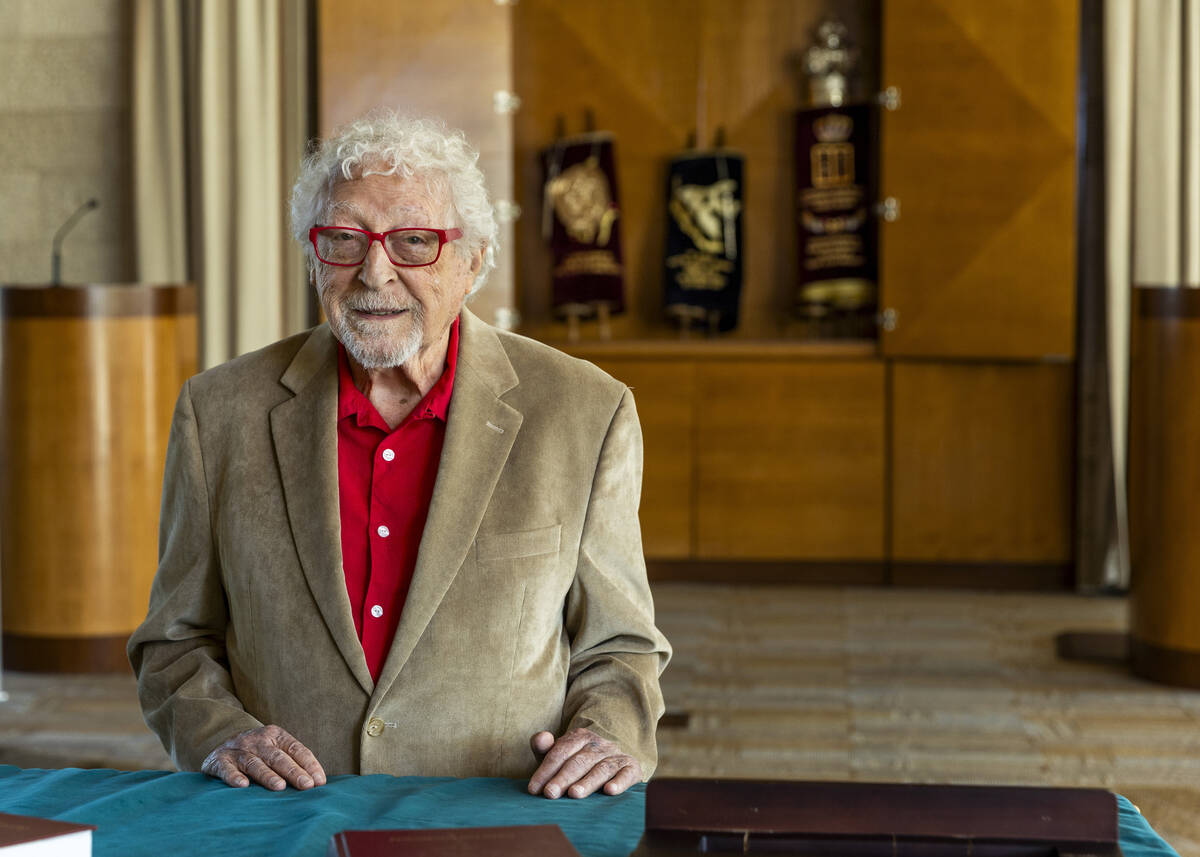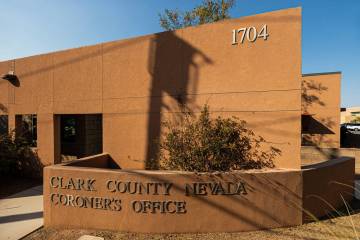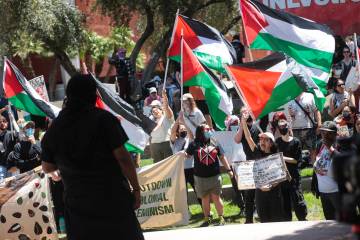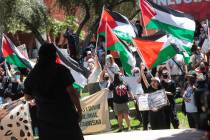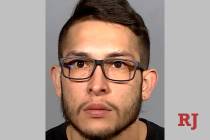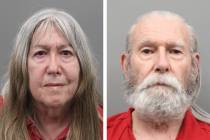‘Not again. Not again:’ Local Holocaust survivors shaken by Hamas’ assault on Israel
She resembled the German commandant’s daughter, and so her life was spared.
It’s June 1943, and Raymonde Fiol has just seen her parents for the last time.
The Germans had invaded Fiol’s native France three years earlier, and eventually her mother and father were sent to work as laborers at a farm camp near the Ardennes.
One day they took their young daughter for a walk.
This is unusual, she thought.
They’d leave her with a French family, the Cailacs, for protection.
“My parents promised to come back, but they never did,” Fiol recalls. “They were ultimately sent to Auschwitz-Birkenau, where they were murdered.”
She was an orphan by the age of seven.
Upon being taken in by the Cailacs, Fiol had to register with local German authorities.
The family’s cover story was that Fiol was a relative from Paris — but nobody told the young girl that she was supposed to adopt the Cailac surname when introducing herself to said officials.
“So, I gave the German commander my real, very Jewish name — and last name, Nathansohn,” Fiol remembers. “From his reaction — and the reaction of the Cailacs — it was obvious I betrayed the fact that I was Jewish. The commander could have had us executed on the spot, but he did not. I later learned that I looked like his daughter. Pure luck.”
Fiol managed to survive the Holocaust and emigrate to America with her husband, Phil Fiol, in 1957, the two coming to Las Vegas in 2001 to be closer to their children.
October 7 was their wedding anniversary.
That same day, Hamas launched a surprise terrorist assault on Israel, killing more than 1,400.
It was the single deadliest day for Jewish people since the Holocaust.
For a survivor like Fiol, the carnage was a grim echo of the suffering her people were once forced to endure.
“My first thoughts were, ‘Not again. Not again,’” she says. “They don’t leave us alone.”
Though the Holocaust came to an end in 1945, recent events have brought a horrific past back to the present for plenty of those in the Jewish community.
“As a Jew, you cannot help but hearken back to 80 years ago, when 6 million Jews were systematically exterminated in the Holocaust,” says former Nevada Congresswoman Shelley Berkley, a founding member of the recently established organization Former Members of Congress for Israel.
“I grew up hearing, ‘Never again. Never again,’” she continues. “And here we are under attack by a terrorist organization whose charter calls for the extermination of the State of Israel and Jews.”
These attacks have revived painful memories — memories of loss, murder, shattered childhoods — for local Holocaust survivors who endured unspeakable horrors only to be confronted with still more decades later.
“This is all too familiar to them,” says Esther Finder, president of the Holocaust Survivors Group of Southern Nevada. “They’ve seen children slaughtered before — children slaughtered only because they were Jewish. They’ve seen older people slaughtered — only because they were Jewish.
“When you and I talk about what happened with the raid in Israel, we try to imagine what that was like, because we’ve never experienced it,” she continues. “The survivors are remembering what it was like. It’s a huge difference.”
Old fears get new life
The neighborhood kids would no longer play with them, the same kids they used to play with every day.
That’s when Jack Mayer realized that his life was about to change in ways that he could never fathom — or forget.
Born in Speyer, Germany in 1930, Mayer was but two years old when Hitler came to power.
His parents tried to shield Mayer and his brother, three years his elder, from the antisemitism that swiftly engulfed the country as the Holocaust began.
But they couldn’t shield him from the taunts of former playmates, of friendships curdled by a sudden, newfound hatred.
“It’s hard for kids to see a buddy calling you names,” Mayer says from a dining room in the Henderson retirement community where he lives. “And it was wasn’t one. It was many. My dad’s shoe store, on the windows were painted — in very indelible paint, couldn’t get it off — ‘Jew.’ ‘Swine.’ All kinds of bad things.”
Because both his parents worked away from home, the family employed a nanny to care for their children.
But when the anti-Jew Nuremberg Laws were passed in 1935, she stopped coming to the house.
“The two of us were really her pride and joy, but women under 45 could not work for Jews,” he says. “They passed over 2,000 laws against Jews. Some of them were ridiculous: Jews can’t own a pet. That was to hurt the kids.
“You couldn’t talk on the public telephone; you couldn’t go to the library; you can’t go to a movie,” he continues. “All of that began to affect us. Can’t go to a park. Lots of little things.”
Mayer’s family was able to escape Germany and come to America — his father first in 1937; the rest of them the following year — but at a harsh cost: they were forced to sell their house and shoe business at a total loss.
“When we got our visas, we were told that we can’t take any money out of Germany,” Mayer recollects. “We were permitted to take $5 per person. That’s all the money we had. It was hard on my parents.”
Still, they survived, Mayer eventually embarking on a successful career in the uniform manufacturing business. He moved to Las Vegas five years ago following the death of his wife in order to be closer to one of his daughters and grandchildren.
When Hamas attacked Israel, though, Mayer felt a familiar chill, one seeded within him when he was a child.
“It scared the hell out of me,” he says. “They killed a lot of innocent Israelis.
“It was hard to hear, hard to hear,” he says of the massacring of Jews, which reminded him of the brutality of the Holocaust. “It brought that back. I probably know more about what could have happened, what did happen, what could happen now. And it’s frightening.”
Genocide’s ongoing toll
Ghastly artifacts fill the Sperling Kronberg Mack Holocaust Resource Center, which occupies two rooms at Summerlin’s Temple Beth Sholom.
On the wall, an announcement from the town commander: “Jews leaving the Jewish quarter without permission will be subject to the death penalty,” the sign reads. “According to this decree, those knowingly helping these Jews by providing shelter, supplying food, or selling them foodstuffs are also subject to the death penalty.”
Nearby sits a camera that Nazi soldiers took ID photos with, a package of Zyklon B nerve gas used in concentration camp gas chambers and horrific black-and-white images of Nazi picketers enforcing a boycott of Jewish businesses, publicly burning Jewish creative works and loading Jews into box cars en route to death camps.
And there is a large, yellow Star of David that reads “Jude” — “Jew” in German — which rests behind coils of barbed wire.
Raymonde Fiol knows this star well: her mother was forced to wear one whenever she went out in public.
She remembers a German soldier stopping the two one day when she was a child.
“It was my first incident when I was walking in the streets in Paris, and my mother was stopped,” she recalls. “I was not wearing one. My mother got very nervous, and she had to show the German officer my birth certificate. God knows anything could have happened at that time.”
The relics collected here are sobering reminders of genocide’s toll, as its ugly specter manifests itself once again in the Middle East.
“It’s incredibly sad and frustrating to see that the world is at this place, once again,” says Susan Dubin, library director and education specialist for the Holocaust Resource Center. “We all hoped that the world had had its fill of killing people because of their beliefs. But apparently, that’s not the case.”
Dubin’s been in contact with numerous Holocaust survivors since Hamas’ attack.
“Quite frankly, the survivors that I’ve been in touch with are not doing well,” she acknowledges. “They are very, very, very disturbed by everything that’s gone on — and that’s continuing to go on.”
She shares a conversation she had recently with the head of the World Federation of Jewish Holocaust Survivors and Descendants, Max Arpels-Lezer, a child survivor.
“He said, ‘I was watching the news on television, and it showed a little boy who was probably, like, five or six being dragged away as one the hostages,’” she recalls. “And he said, ‘I looked at that little boy, and I thought, That was me.’”
Mayer can relate to that little boy as well.
Eigthy-six years ago, he left his childhood home, his family fearing for their lives.
Those days are long gone — but the same can’t be said of that fear.
“They’re doing the same type of thing,” he says of Hamas targeting Jews. “I’m so frightened.
“I know that Israel will prevail,” he adds. “But at what cost?”
Contact Jason Bracelin at jbracelin@reviewjournal.com or 702-383-0476. Follow @jbracelin76 on Instagram



